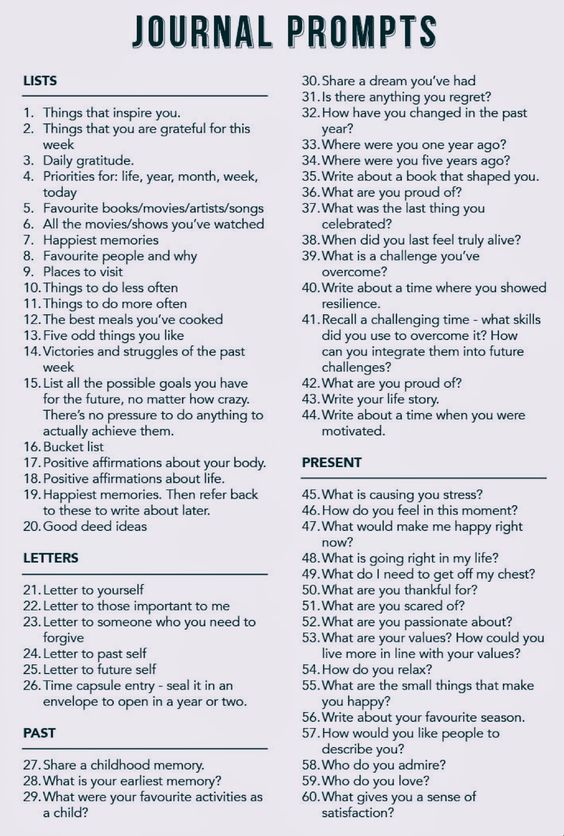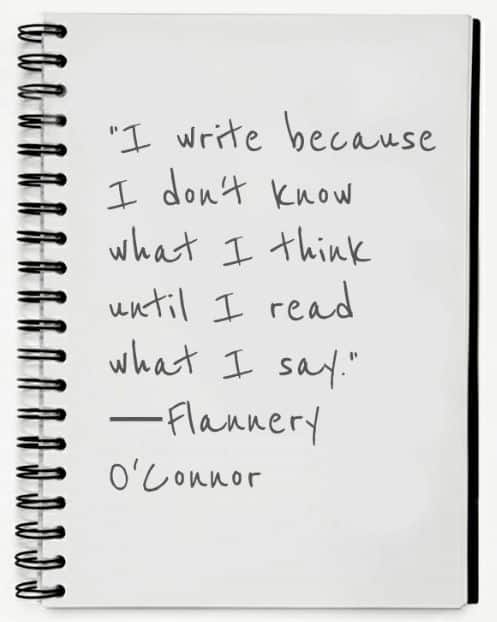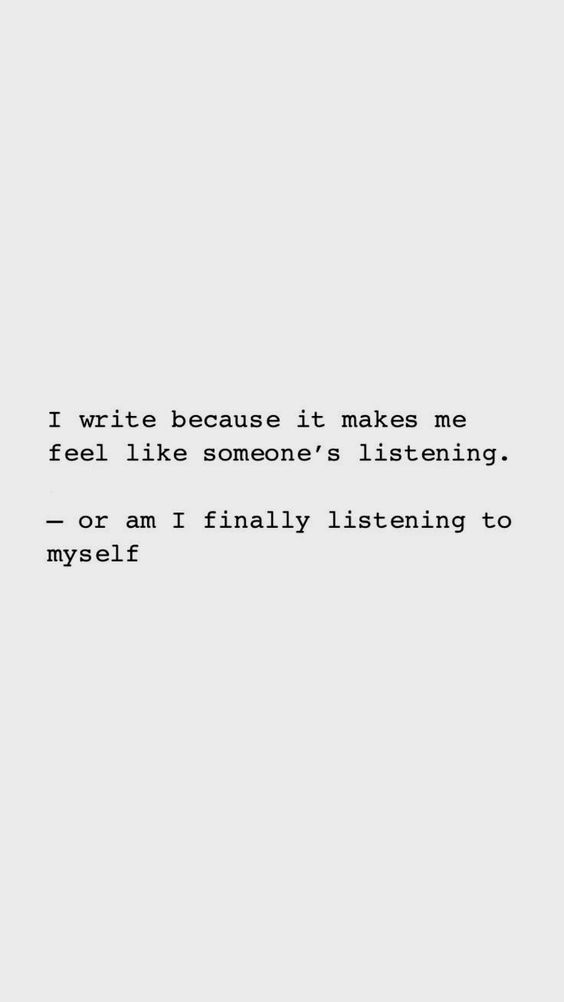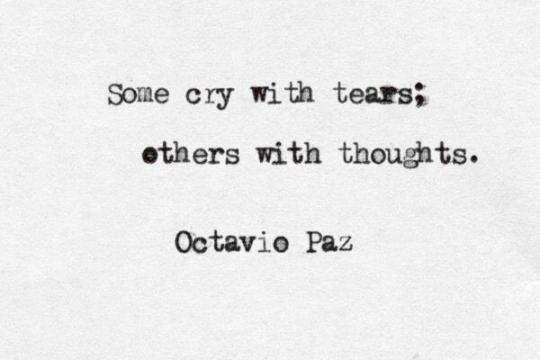“My aunt and uncle in their country home taught me how to be okay with sitting still, a quality that has been as important to my career as anything. To be a decent writer, you have to be okay with either writing or doing absolutely nothing. I’m a firm believer that the only way to be creative is to sit around and do nothing until you get bored enough to entertain yourself.”
Cole Schafer
“The ‘if I had time’ lie is a convenient way to ignore the fact that novels require being written and that writing happens a sentence at a time. Sentences can happen in a moment. Enough stolen moments, enough stolen sentences, and a novel is born — without the luxury of time.”
Julia Cameron, The Right To Write
“We can never handwrite the same message twice. Every crease and every accidental fold of paper serves as the most unique canvas for our words. The ink filling our inscriptions will never behave exactly the same way in a single letter written twice. The way we hold our pen may change, even if ever so slightly, from one word to the next. Each and every squiggly line is one of a kind and our longhand note may never really be replicated. This unwritten poetry that resides between the lines of our messages enhances our gift of words. If we want to make someone feel special, is there a better way than to offer them something only they will ever have?”
Kinga Lewandowska, Intelligent Change Blog
“[Hemingway] would always end a writing session only when he knew what came next in the story. Instead of exhausting every last idea and bit of energy, he would stop when the next plot point became clear. This meant that the next time he sat down to work on his story, he knew exactly where to start. He built himself a bridge to the next day, using today’s energy and momentum to fuel tomorrow’s writing.”
Tiago Forte
“Writing has so much to give, so much to teach, so many surprises. That thing you had to force yourself to do—the actual act of writing—turns out to be the best part. It’s like discovering that while you thought you needed the tea ceremony for the caffeine, what you really needed was the tea ceremony. The act of writing turns out to be its own reward.”
Anne Lamott, Bird By Bird
“[Bashō] prized sincerity and clarity [in poetry] and instructed, ‘Follow nature, return to nature, be nature.’ He had learned to meet each day with fresh eyes. ‘Yesterday’s self is already worn out!'”
Bashō, Narrow Road To The Interior (Page 191)
“[Bashō’s] fundamental teaching remained his conviction that in composing a poem, ‘There are two ways: one is entirely natural, in which the poem is born from within itself; the other way is to make it through the mastery of technique.’ His notion of the poem being ‘born within itself’ should under no circumstances be confused with its being self-originating. A fundamental tenet of Buddhism runs exactly to the contrary: nothing is self-originating.”
Bashō, Narrow Road To The Interior (Page 190)
“[Bashō] believed that poetry should arise naturally from close observation, revealing itself in the careful use of ordinary language.”
Bashō, Narrow Road To The Interior (Page 187)
“I tried to give up the Way of Elegance and stop writing poems, but something always stirred my heart and mind—such is its magic.”
Bashō, Narrow Road To The Interior (Page 185)
“In the end, without skill or talent, I’ve given myself over entirely to poetry. Po Chü-i labored at it until he nearly burst. Tu Fu starved rather than abandon it. Neither my intelligence nor my writing is comparable to such men. Nevertheless, in the end, we all live in phantom huts.”
Bashō, Narrow Road To The Interior (Page 182)
“The attitude is paradoxical: the Zen poet believes the real experience of poetry lies somewhere beyond the words themselves but, like a good Confucian, believes simultaneously that only the perfect word perfectly placed has the power to reveal the authentic experience of the poem.”
Sam Hamill, Narrow Road To The Interior (Page XVIII)
“When I started writing this piece, I didn’t know where exactly I was going to land. I never know where I’m going to land when I start writing something. In fact, I’m deeply skeptical of any writer that claims they have the precognition to know where they’re going to end up before they’ve even started.”
Cole Schafer



